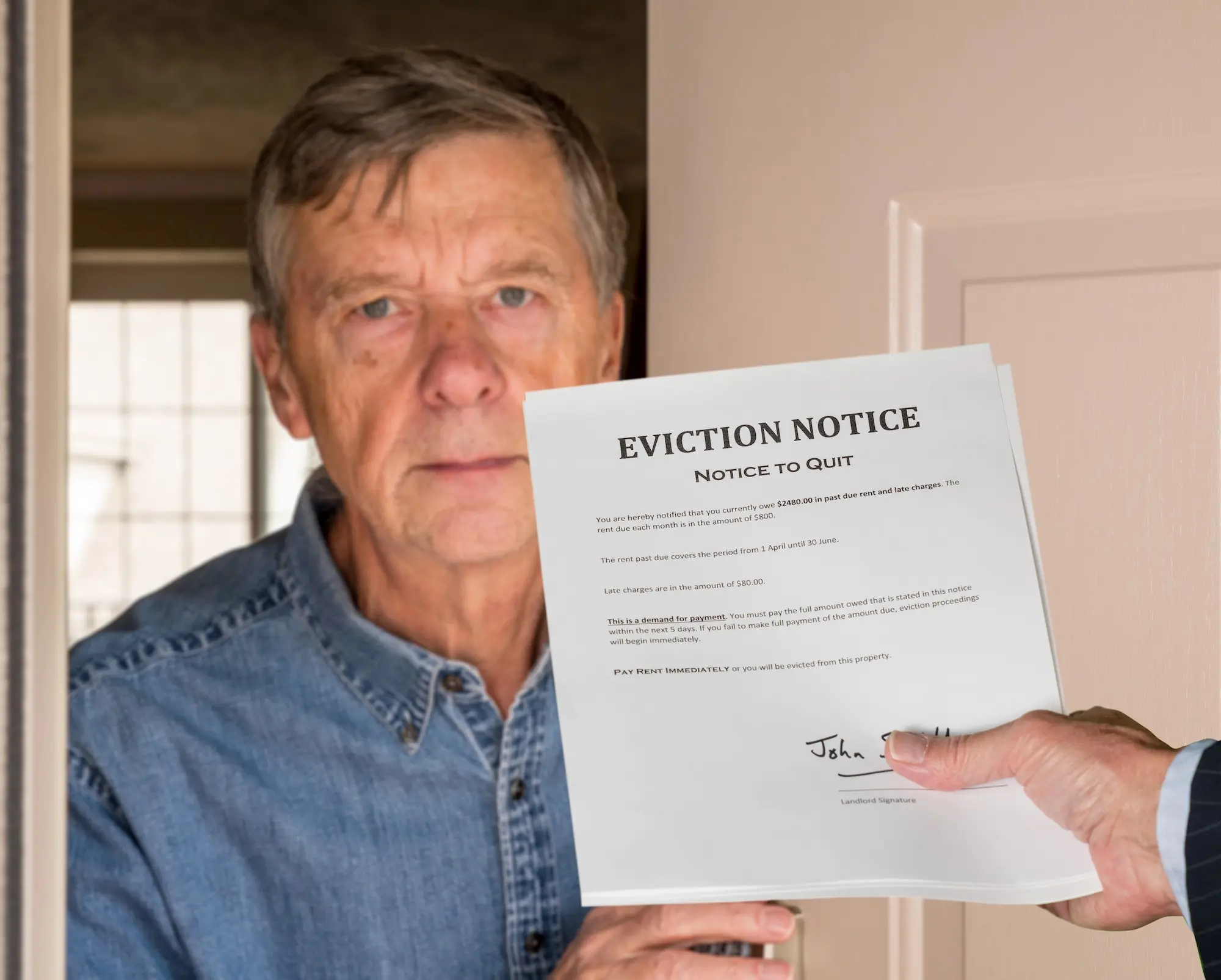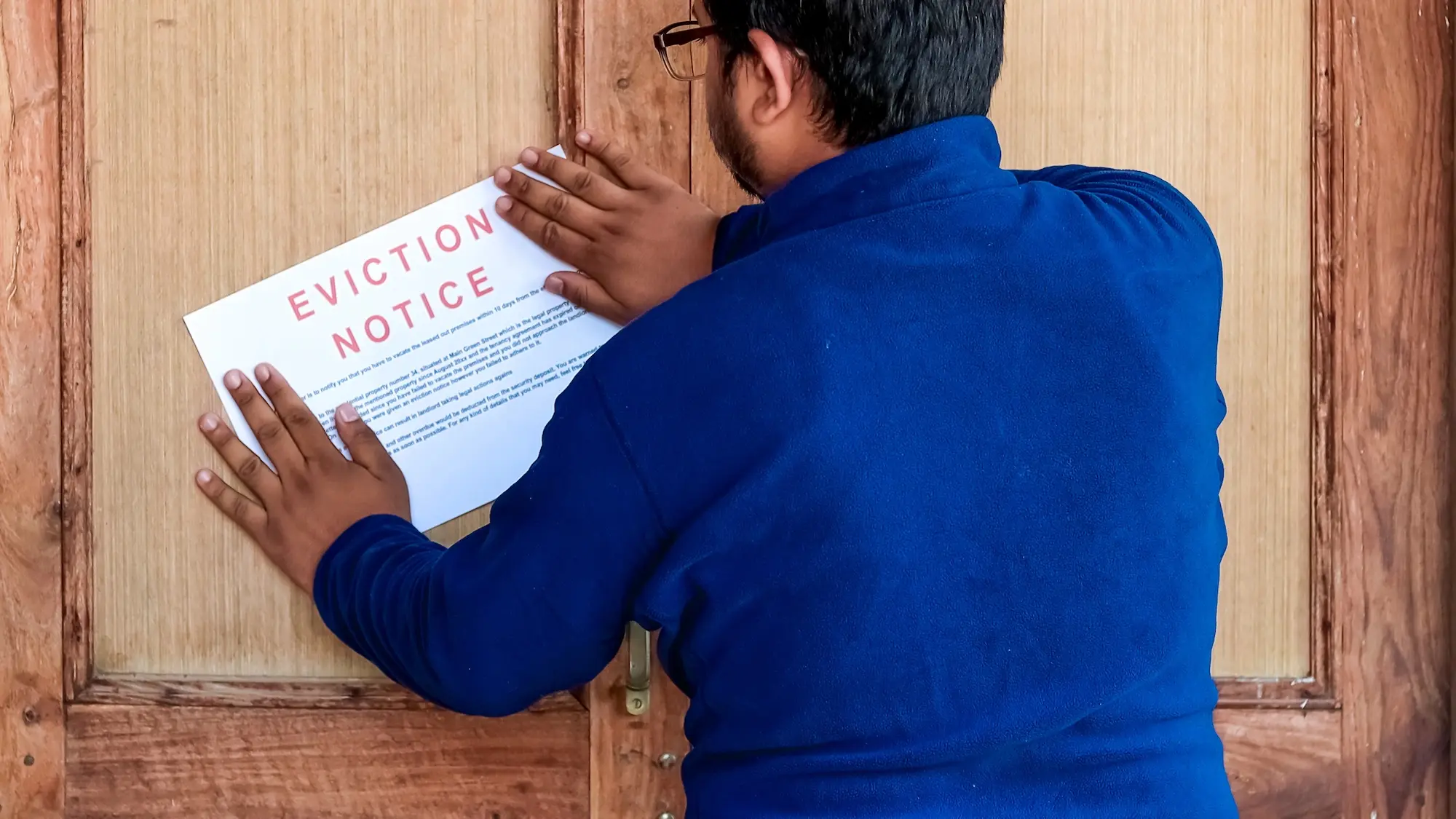A sudden rent increase can feel like a financial ambush, leaving you stressed about whether you can afford it or whether you should pay at all. Ignoring the situation might lead to overpaying or a last-minute scramble for a new home.
You can handle this rent hike on your terms instead of accepting the increase and straining your budget. You can protect yourself by checking if the increase is legal, negotiating from a position of strength, or deciding to move out strategically. With the right approach, you can tackle this challenge.
Key Takeaways
- Check your lease and state law to ensure the rent increase is legal and you were correctly notified.
- You can often negotiate a smaller increase or better terms if you're a reliable tenant.
- Compare the new rent to similar listings to see if staying or moving makes more financial sense.
- Any deal you make with your landlord should be documented in writing, not just agreed to verbally.
- If the increase is too high or unfair, walking away and finding a better fit may be smarter.
Confirm if the Increase Is Legal in Your State
Make sure the rent hike is even legal before considering your next move. Check the following:
- Lease status: Are you mid-lease or month-to-month? If you're in a fixed-term lease, the landlord cannot raise your rent until that lease expires (no mid-lease increases). On a month-to-month basis, they can only increase rent after giving you proper advance notice, as your state requires.
- Proper notice: Did you receive a written notice far enough in advance? Most states require at least 30 days' notice for rent increases, with some needing 60+ days for larger hikes. If the landlord didn't provide timely notice, you may not have to pay the higher rate.
- Rent caps: Local laws may limit rent increases. In rent-controlled areas, landlords can typically raise rent by a certain percentage yearly (e.g., California allows about 5% plus inflation, with a max of 10%). Increases beyond the local limits are illegal.
- Retaliation or bias: Landlords cannot raise rent as retaliation for reporting code violations or for discriminatory reasons. If the increase seems punitive, it is unlawful.
If you notice any red flags, notify your landlord in writing about the potential legal issues with the increase. Consult a local tenant rights group or housing agency, and don't pay the higher rent until it's valid.
Pro tip: Hold off on payment if the rent hike wasn't done legally. Paying even one month at the new rate can be seen as accepting an improper increase.
Decide Whether to Negotiate or Move
Is it time to move on, or should you attempt to negotiate? Not every rent hike is negotiable, but you should weigh your options:
- Is the rent above market? Check nearby rentals to see if the proposed rent is above the market rate. If it's significantly higher, you can negotiate for a smaller increase. Your landlord may be less likely to compromise if it's in line with similar nearby rentals.
- Can you afford it, and do you want to stay? If the new rent could strain your finances, negotiate now. If the increase is minor and you want to stay, you might accept it to avoid conflict.
If a rent increase impacts your budget, it's worth asking for relief. At worst, your landlord will say no. If you can manage the new rent and enjoy your living situation, you might choose not to negotiate. There's no universal answer, but make a deliberate choice about your approach.
Use Your Leverage Before You Accept
If you're going to negotiate, go in with a game plan to make the landlord want to work with you:
- Make them want to keep you: Remind your landlord why you're a valuable tenant (e.g., on-time payments, and caring for the property). Highlight that turnover is costly and express your desire to stay, but mention you may need to move if the rent is too high, which may encourage negotiation.
- Present a reasonable counteroffer: Suggest a compromise, like splitting the difference instead of refusing the rent increase. For example, if the rent is set to rise by $200, propose a $100 increase. Support your request with evidence, such as lower rents for comparable nearby options, to demonstrate that your goal is a fair solution.
- Offer a win-win: Suggest a win-win solution, like signing a longer lease for a capped rent increase or asking the landlord to include perks, such as covering a utility or upgrading an appliance, to make the higher rent more acceptable.
When you negotiate, stay polite and professional. Request a conversation (rather than firing off an angry text) and explain that you're looking for a mutually workable solution. If your landlord shares their reasons, listen. A calm, cooperative tone makes an agreement more likely.
Pro tip: Have your landlord confirm any agreed-upon concessions in an email or by signing a lease addendum.
Know When It's Smarter to Walk Away
Sometimes, the best move is to move out. If negotiating doesn't pan out or the new rent just isn't feasible, it might be smarter to leave:
- Protect your budget: If higher rent is unaffordable, it's likely not worth it. Aim to keep housing costs around 30% of your income. Consider if moving to a cheaper place, even with relocation costs, would save you money. If your landlord's increase exceeds comparable rents, it's time to consider a more affordable option.
- Leave on your terms: When leaving, do it on your terms. Give your landlord the required notice (usually 30 days for month-to-month). Secure your next place before you move to avoid scrambling. Coordinate your move with your lease end to prevent double rent. Leave the rental clean and damage-free to get your deposit back.
Walking away isn't easy, but it can be the smartest choice for your finances and peace of mind. The important thing is that you decide to walk away rather than having that decision forced on you. There are always other rentals out there. Finding one you can comfortably afford will reduce stress and set you up for better long-term stability.
Conclusion
A rent increase notice doesn't have to be chaotic. Approach it as a problem-solver. First, ensure the hike is legal. If you want to stay, try negotiating or requesting concessions. If that doesn't work or the new price isn't feasible, consider finding better housing.
You have choices: accept (ideally on better terms) or move to a more affordable place. Approach whichever decision you make with confidence. Knowing your rights can help you manage a rent hike effectively. The aim is to protect your finances and peace of mind, and with the proper steps, you can achieve that.










